Stay up to date, improve your skills and maximize operational efficiencies
Why is training so essential for water utilities, engineers, and operators? There are continuous changes in regulation of water distribution systems, changing laws, and water quality mandates. In order to ensure compliance, utilities, and their staff need proper training on the tools and methodology to keep up with an ever-changing industry. Understanding pressure management as it pertains to system pressure controls, tank turn over, flushing, water quality, remote pressure monitoring, and leak detection are of great importance to utility managers.
Most utilities understand the need for pressure-reducing valves, but there are many more benefits to accurate pressure management than to just control pressure alone. Leakage and non-revenue water loss continue to be a major concern for utilities as well as maintaining overall water quality. By understanding how to implement a pressure management program, the amount of recoverable water losses can be staggering, as well as have a significant reduction in pipe breakages.
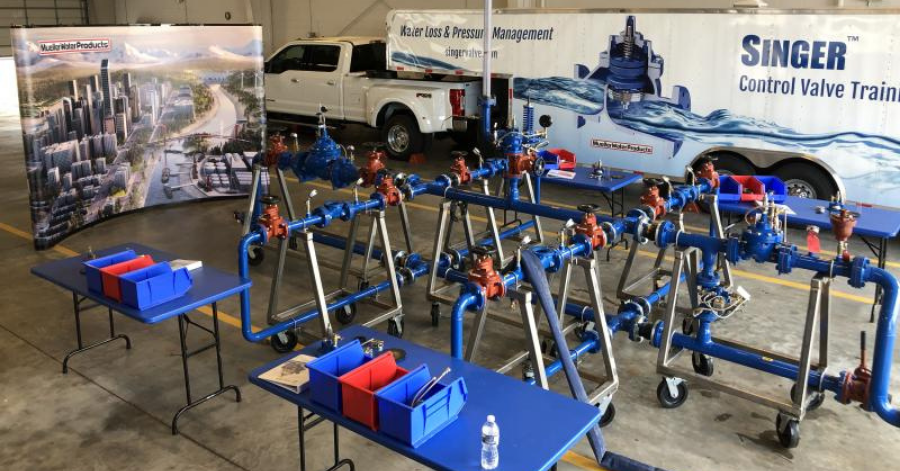 Training on maintaining water quality, in regard to pH balance, alkalinity, turbidity, and biological content and the need for flushing and scouring products has never been more important. The age of drinking water infrastructure in North America ranges from 80-150 years old. Learning about the most up-to-date control valve and monitoring technology will position utilities to meet the highest of sanitary water distribution compliances. Mueller hosts monthly or quarterly training seminars providing valuable information about how products work and optimize performance.
Training on maintaining water quality, in regard to pH balance, alkalinity, turbidity, and biological content and the need for flushing and scouring products has never been more important. The age of drinking water infrastructure in North America ranges from 80-150 years old. Learning about the most up-to-date control valve and monitoring technology will position utilities to meet the highest of sanitary water distribution compliances. Mueller hosts monthly or quarterly training seminars providing valuable information about how products work and optimize performance.
“When speaking about the need for training and education, we like to think of ourselves as easily accessible and available to all customers,” said Mark Magda, Singer Global Sales Manager for Mueller Water Products. “Training seminars should be an open and inviting forum, where you get hands-on approach to how the equipment works, how to do preventative maintenance and the various applications these products are designed for.”
A base-level training course on control valves should cover hydraulic fundamentals, water loss reduction through pressure management, cavitation, starting up a new valve, pre-setting pilots in the field, and troubleshooting. Attending training programs will give operators hands-on experience to the construction of the main valve and commissioning of a pilot control system. Understanding pressure reducing, pressure sustaining or a combination pressure reducing/pressure sustaining valve is key to implementing pressure management programs. Once the valves are assembled, students should be able to take charge of the system and find, diagnose and alleviate faults in order to return the distribution system to a normally operating state.
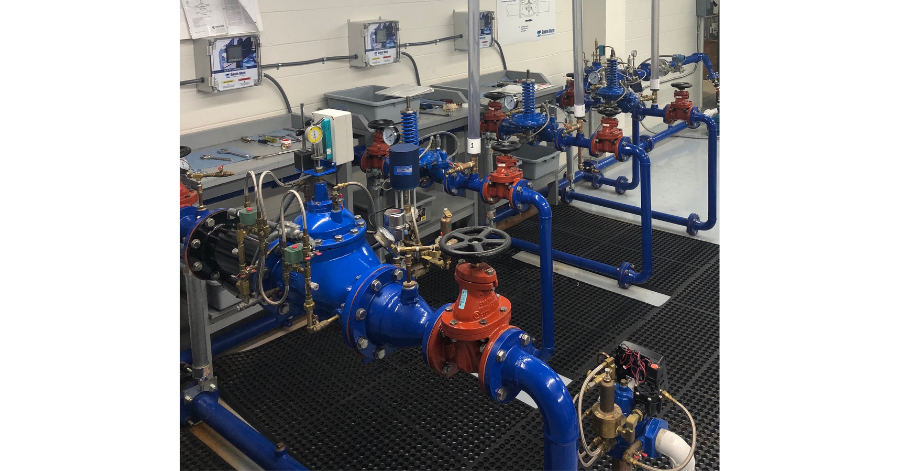 As the training levels increase so does the complexity of the valves, so students dig deeper into pilot systems for a variety of control valves such as altitude valves, float valves, surge anticipation valves, and pump and flow control applications. The higher the training level, the clearer it becomes that non-revenue water loss is a fixable reality and that utilities shouldn’t be ok with leakage. Also, other issues like the dangers of transients and water hammer, are compatible with high-performance valves when failures are absolutely not an option.
As the training levels increase so does the complexity of the valves, so students dig deeper into pilot systems for a variety of control valves such as altitude valves, float valves, surge anticipation valves, and pump and flow control applications. The higher the training level, the clearer it becomes that non-revenue water loss is a fixable reality and that utilities shouldn’t be ok with leakage. Also, other issues like the dangers of transients and water hammer, are compatible with high-performance valves when failures are absolutely not an option.
As utilities continue to integrate electronics into their water infrastructure, control valve training has to incorporate electronic applications that assist in providing utilities with better monitoring of systems, ease of access, and redundancy using electronic and hydraulic controls to prevent catastrophic failure. The rapid improvement in new technologies makes training seminars a great venue for learning about new products or versions that are easy and cost-effective to integrate into water systems to enhance and improve the data they already receive through SCADA and other information systems.

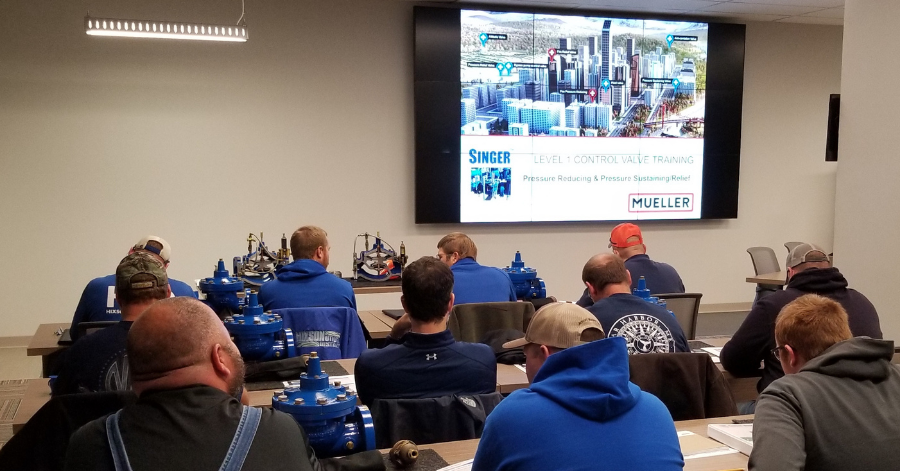
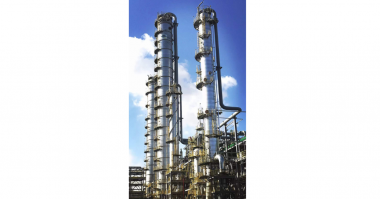

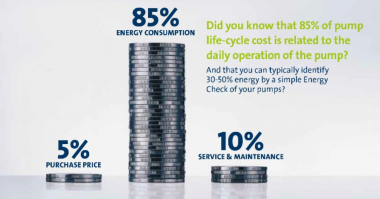
Comments